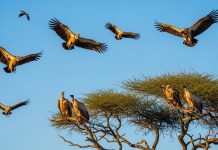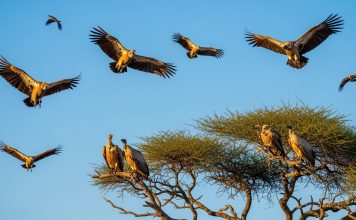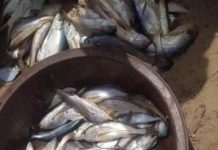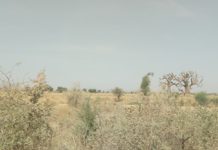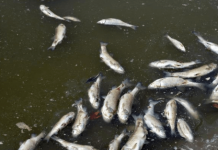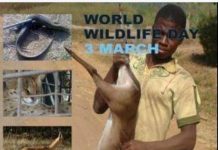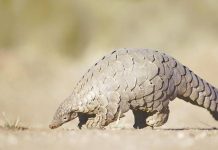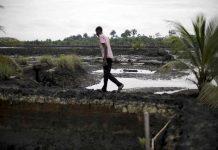Biodiversity Day: Obaseki lauds Okomu National Park’s potential
The Edo State Governor, Mr Godwin Obaseki, has implored environment activists, community leaders and local councils to continue to push for actions...
Heavy metal responsible for mass fish death in Niger Delta
The large amount of dead fish washed ashore along the Atlantic Ocean’s coastline of some Niger Delta states in Nigeria is due...
Yobe gives precautions on heat waves
The Yobe Government has advised residents to adopt safeguard measures against the heatwave (hot season) being experienced in the state. Dr Mohammed...
Concerns rising over dead fish along Niger Delta coastlines
Fishes are dying in great numbers and are getting washed ashore along the coast of Niger Delta states. It is a worrying...
Alex Ekwueme’s community appeals for help on gully erosion
Statesmen and people who served a country at some of the highest possible levels deserve honour both when they are alive and...
Wildlife depletion and the bushmeat “industry” in Africa
By Babajide Agboola
What is West Africa, most especially Nigeria, doing to conserve its wildlife population for the next...
Nigerian conservationist, Ikemeh wins Whitley Award
• Rachel Ikemeh honoured for protecting newly discovered chimpanzee group
Leading conservationist Rachel Ashegbofe Ikemeh has won a prestigious...
Nigerian biologist, Tanshi wins Future For Nature Award
Nigerian biologist, Iroro Tanshi who discovered bat species in Nigeria that was last seen 45 years ago is among the three winners...
Pangolins found to carry related strain of Coronavirus
The bat has been implicated in the recent spread of the Covid19 causing viruses. However, it is yet to be determined how the transmission occurred and the role of the pangolins or other wild animals in the spread of the novel coronavirus disease.
Ogoni Cleanup poorly executed – Elders Council
The 'Gbo Kabaari,' Ogoni Elders Council has written a letter to the Minister of Environment over what it described as the flawed...


